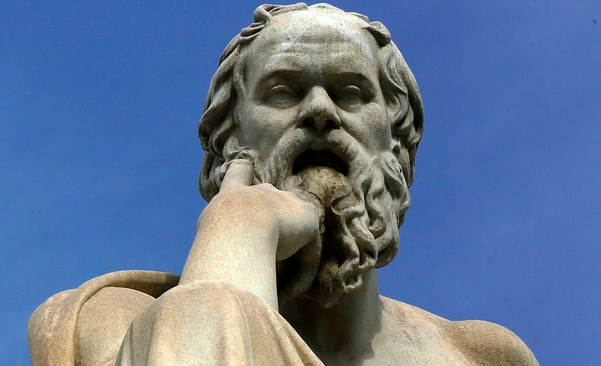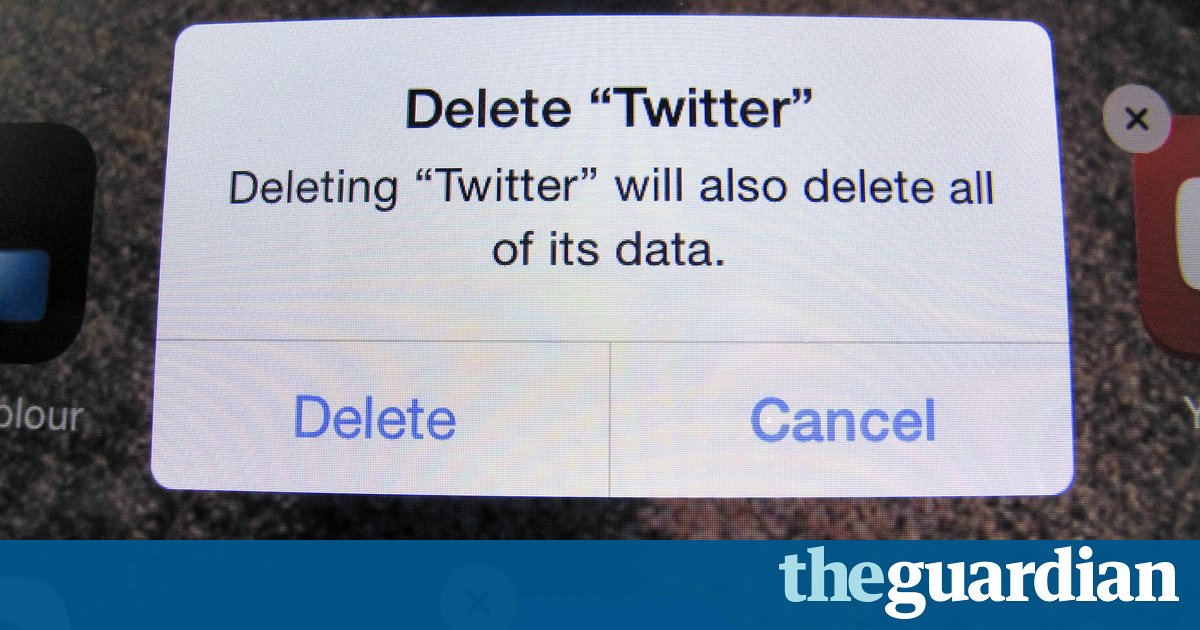A New Buzzword for Academics Needing Research Money
With usual funding sources squeezed, and Brexit round the corner, researchers are asking the public to fund their studies through crowdfunding – from bees to LSD

Send us a link
With usual funding sources squeezed, and Brexit round the corner, researchers are asking the public to fund their studies through crowdfunding – from bees to LSD

The Ref star system encourages novelty but offers no incentive to replicate studies – and that’s exactly what scientists need to do to be more sure of our claims.

Philosophers could help policy makers to ask the right questions. But to give this practical help, academic philosophy must take lessons from open science.

On Ada Lovelace Day, Jenny Rohn reflects on her own experience of fixing gender inequalities in science.

You’ll find communities thirsty for your findings – and a space to demonstrate measurable ‘impact’ to your heart’s content.

Peter Gluckman and James Wilsdon: This week’s summit of the International Network for Government Science Advice will take stock of progress in using evidence and expertise to inform policy.

A leading space scientist has accused the European Space Agency (ESA) of having a “problem with promoting women” that has led to men holding almost every top job at the agency.

If Zuckerberg and Chan want to get some bang for their buck, they’ll need to break down the structures that hold brilliant young scientists back

Last week saw the publication of the latest world university rankings. But until the purveyors of these league tables address the uncertainties in their data, no-one knows where they really stand. Opinion piece by Stephen Curry.

Mark Zuckerberg and Priscilla Chan plan to invest $3bn over next decade to help scientists develop and utilise tools such as artificial intelligence and blood monitors to treat illnesses

Scientists incentivised to publish surprising results frequently in major journals, despite risk that such findings are likely to be wrong, suggests research.

New reviewers are anxious to get some formal coaching before they start commenting the work of fellow academics.

Iranian judiciary confirms hanging of Shahram Amiri who it claims was a spy who had given away state secrets

Scientists and science communicators are engaged in a constant battle with ignorance. But that’s an approach doomed to failure, says Richard P Grant.

Dean Burnett: Some scientists argue that social media use is pointless. This scientist disagrees.

We should not have to parade ourselves on social media to please our employers or be considered enthusiastic

Americans embraced the marketisation of higher education, with profit-making colleges and debt-laden customers. The result has been corruption and failure

Social media has swallowed the news – threatening the funding of public-interest reporting and ushering in an era when everyone has their own facts. But the consequences go far beyond journalism.

Scientific advances have always drawn on the work of non-professionals. Even more so now, thanks to technology.

Swiss-EU talks reveal determination of EU to make no concessions to UK over Brexit terms.
